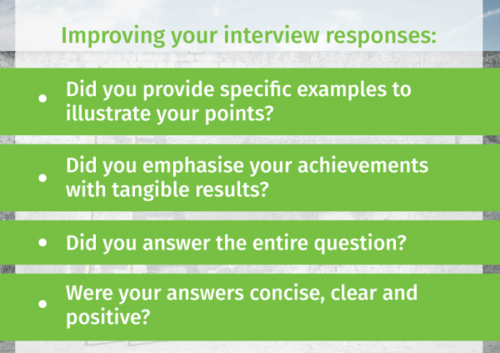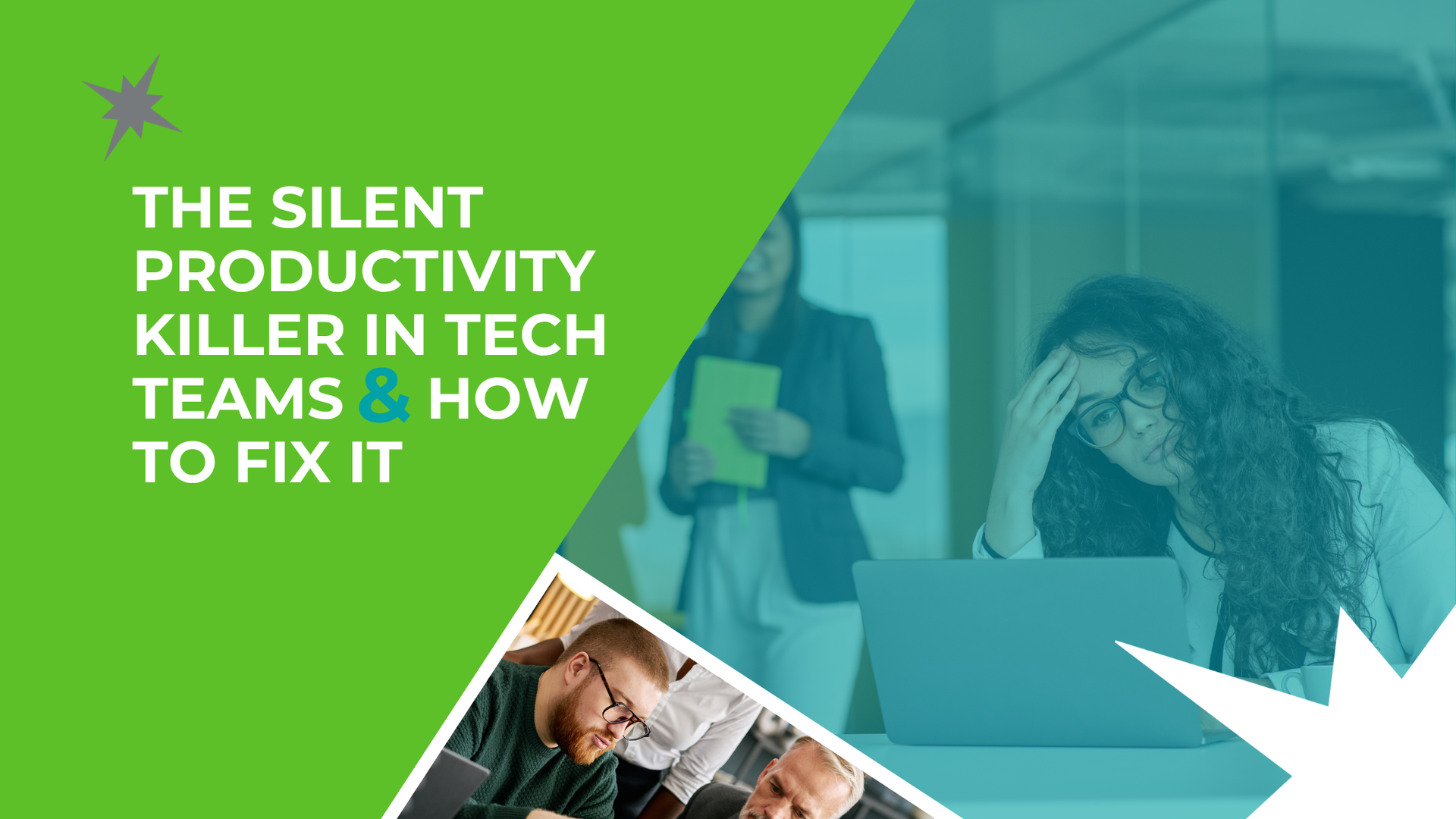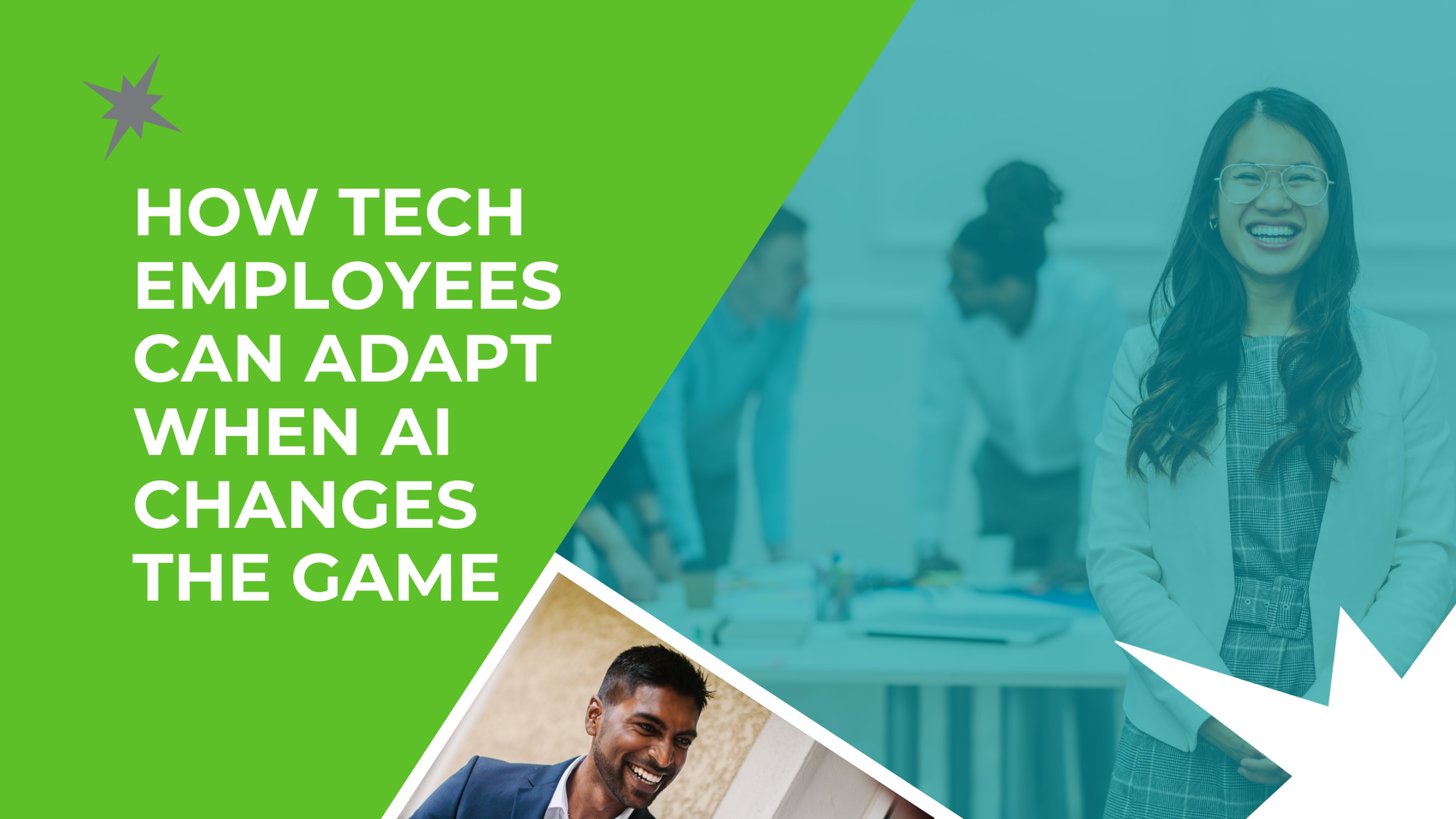News & Insights
< Back to Blogs
Using Job Rejection to Empower Your IT Career

Most of us have been rejected from a job we’ve applied or interviewed for at some stage of our careers. It can be difficult to accept – especially if there’s been plenty of preparation and time spent on the application. However, knowing how to handle this experience is key to moving forward and staying motivated. Here’s how to deal with rejection when searching for IT jobs, so that, with the right mindset, you can learn from this experience and use it to improve the way you approach future opportunities.
Ask for Detailed Feedback
When you have been rejected from a job you interviewed for, the first question on your mind will likely be “should I ask for feedback?”
If you think that feedback could help you to refine your job search skills or improve your technique in future interview situations, the answer should always be yes.
You are free to try contacting the employer directly, though you may not always get a reply. However, working with a recruitment agency means you will always have a place to turn for feedback. Since the recruiters are already speaking to the company on a regular basis, their established relationship may make it easier to secure feedback. You’ve put a lot of time and effort into the process, so (where possible) a recruiter will make every effort to find out actionable insights from the employer on how to develop and grow as a candidate.
If you find yourself facing rejection before even being given the chance to interview, it may be an issue with your CV. Consider enlisting the help of a specialist recruitment agency to polish it up and get you back on track.
Build a Personal Development Plan
Think about the feedback you may have received from previous job rejections and appraisals. Are there any recurring themes? What should your development priorities be?
It’s critical to reflect back on what has led you to this point and make improvements wherever possible. Take note of any weaknesses or issues that you can do something about and use them to change your approach the next time around.

How can you fix the gaps in your performance? Depending on what the issues are, there may be some training or informal coaching that will help patch these holes, or, it might be as simple as working on your interview answers. Think about how you responded to key interview questions, and whether you highlighted your experience in the most favourable light. Is there anything that could be done better the next time around?
In addition, your recruiter will be happy to discuss any issues you have observed and help you identify strategies to improve.
Closing Thoughts
Recovering from a job rejection doesn’t need to be a painful process. Getting that unwanted response – especially from a position or employer that you had your heart set on – can be tough, but knowing how to bounce back and keep going is vital. Every rejection is a learning opportunity and a chance to improve upon both your resume and your appeal as a candidate.
Rather than sitting back and waiting for your dream job to come to you, keep the job search in motion until you’ve accepted a role. Maintain contact with your network and recruiters throughout the process and continue to apply for new positions until there is a solid offer in hand.
Here at EITR, we offer guidance to IT professions all over Australia; we’re an established and focus-driven IT recruitment agency with the goal of helping you move your career forward. If you need help with taking that next step in your job search, tidying a resume or just want to talk further about your career options, our specialist recruiters are always here to help. Get in touch today.
Share This Article
Recent Articles

Filter By Category
Subscribe to our News & Advice












